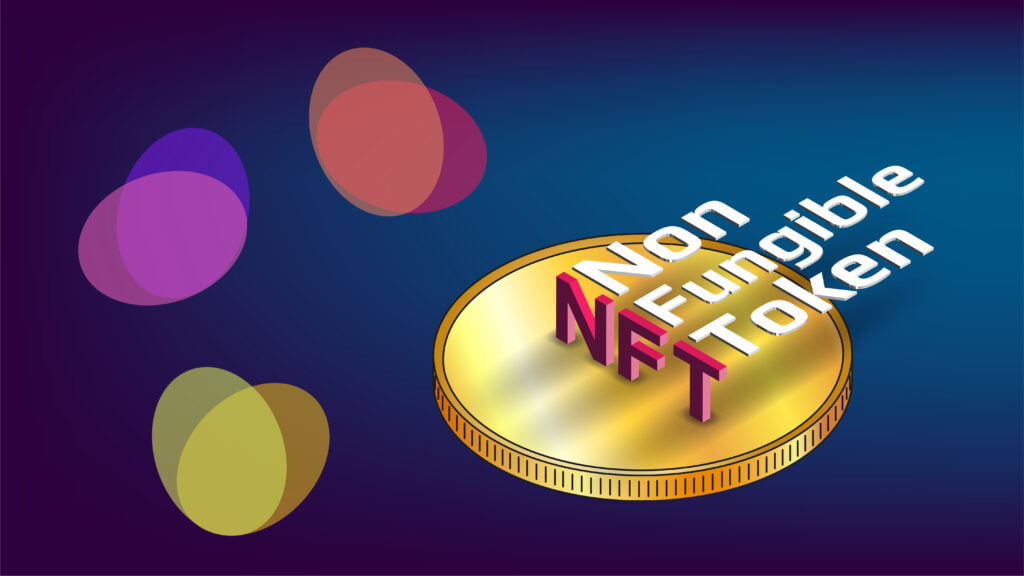As the world becomes increasingly digitized, the events industry is also shifting towards innovative solutions such as NFT tickets. NFTs are changing the way we interact with digital assets, and their potential to transform the way people attend events is generating excitement. In this article, we will explore the concept of NFT tickets, their benefits, and how they could shape the future of event admission.
Advantages of NFT Tickets
NFT tickets offer a unique range of advantages that not only benefit the buyer, but also event organizers, artists, and other industry professionals.
With NFT ticketing, security is greatly improved with encrypted smart contracts providing secure transaction records for buyers and sellers. Additionally, NFTs make it difficult for counterfeiters to duplicate tickets, thus helping prevent fraud and increasing revenue.
NFT tickets also provide better engagement opportunities for fans by creating digital collectibles tied to specific events; these collectibles can be further sold or exchanged on secondary markets.
Furthermore, NFTs create a sense of ownership and loyalty from fans by allowing them to hold something tangible associated with a favorite artist or event.
NFT tickets are quickly becoming the new standard in ticketing technology due to their ability to provide increased security and increased revenue opportunities while enhancing fan engagement and ownership experience.

Potential Challenges and Concerns
While NFTs may have the potential to revolutionize the ticketing industry, they also come with certain challenges and concerns. For starters, NFT tickets are not as accessible or affordable as traditional paper tickets, and they may pose a barrier to entry for those who don’t have access to the necessary technology.
NFTs are also heavily reliant on blockchain technology, which in some cases is powered by energy-intensive mining operations. This could lead to significant environmental impacts if NFT ticketing becomes widespread.
Additionally, NFT tickets must be adopted and integrated into mainstream event planning in order for them to reach their full potential. As NFTs are still relatively new and untested in some circles, this could present a challenge for many venues that are hesitant to use this type of technology.
All these challenges must be addressed before NFT tickets can truly become a viable solution for ticketing solutions.
Future outlook
With growing interest and investment in NFTs, it’s likely we will continue to see innovation in the ticketing industry. As NFTs gain traction amongst event organizers, attendees may soon expect their admission into events secured by NFT Tickets instead of traditional paper or plastic passes.
We look forward to seeing how these technologies develop over time and what opportunities they create for businesses around the world.
Frequently Asked Questions
What are NFT tickets?
NFT tickets are digital tickets that are unique and stored on a blockchain using non-fungible token (NFT) technology. Unlike traditional tickets, NFT tickets cannot be replicated or duplicated, making them more secure and trustworthy.
How do NFT tickets work?
When you purchase an NFT ticket, you receive a unique digital asset that is stored on a blockchain. This asset is verified through the blockchain network, which ensures that it is authentic and cannot be duplicated. To use the ticket, you will need to provide proof of ownership of the NFT.
What are the benefits of using NFT tickets?
NFT tickets offer several benefits, including greater security and transparency, as well as more control over ticket ownership and transferability. They also enable event organizers to create more personalized experiences for attendees, such as offering exclusive access or rewards for holding a certain NFT ticket.
Can NFT tickets be resold?
Yes, NFT tickets can be resold on secondary markets just like traditional tickets. However, the ownership of the NFT must be transferred through the blockchain network to ensure that the new owner is verified.
Are NFT tickets widely used yet?
NFT tickets are still a relatively new technology, but they are gaining popularity in certain industries, such as music festivals and sporting events. As more people become familiar with blockchain technology and its benefits, it is possible that NFT tickets will become more widely adopted in the future.
Author

Immersive tech enthusiast, diving into the NFT currents reshaping the Metaverse.




